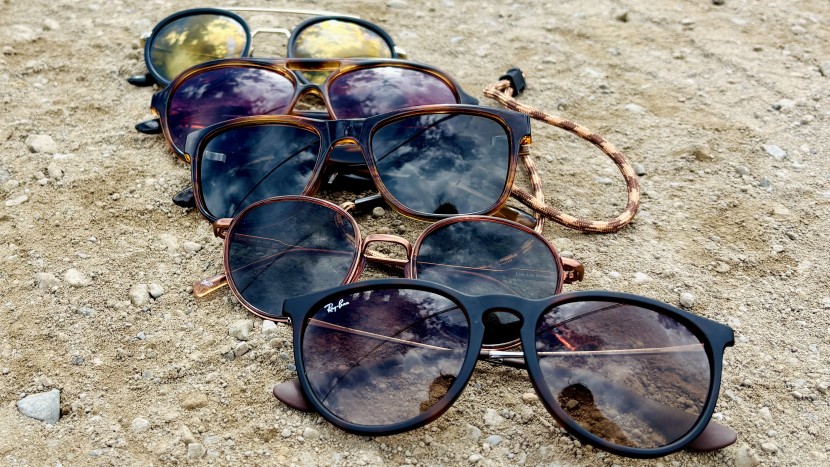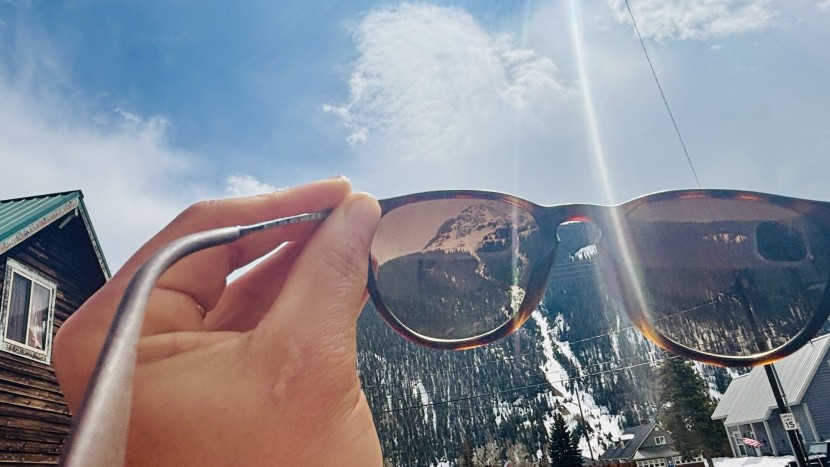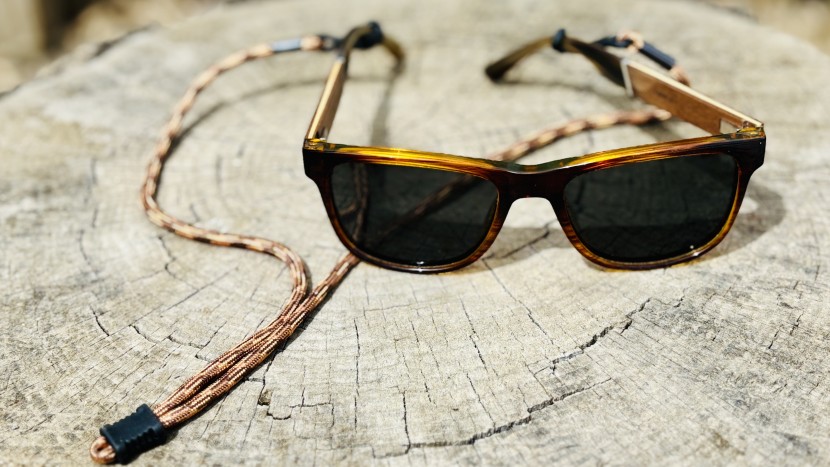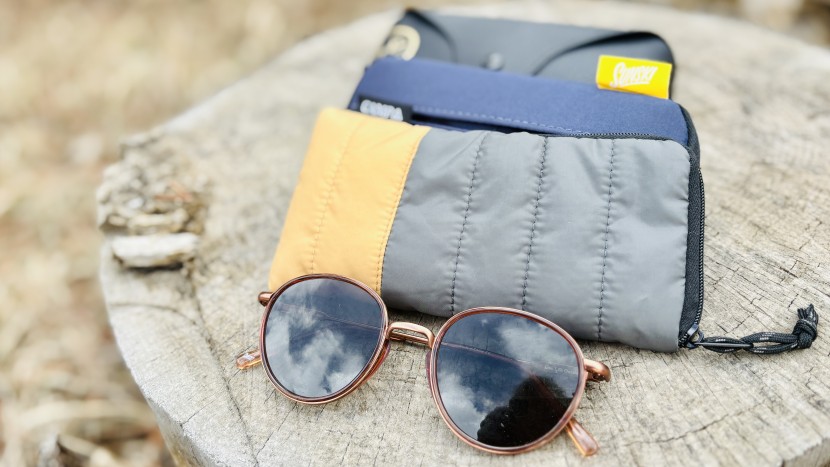We put our sunglasses through months of rigorous testing, wearing them on bright, high alpine missions, lake days, long days of driving, and spending the afternoon out on the town. Our panel of female testers evaluated these shades across five different metrics, assessing every component to find the best options among them.
Lens Quality
We tested each pair under similar sunny conditions to evaluate lens performance, assessing clarity and features like polarization, blue light filtration, and mirror coatings. We observed how much glare appeared on the inner lens while wearing them, and at different angles of light. Testing occurred in both midday glare and golden hour's intense light, on water, snow, and at altitude. We compared contrast and sharpness, noting any color distortion caused by lens tint. Additionally, we tracked which lenses accumulated smudges quickly and which were challenging to clean.
Comfort
Our team assessed each pair of glasses for comfort, paying close attention to pressure points, adjustability, and fit. We wore them for extended periods to check for any discomfort or tightness that might develop over time. Each pair was weighed and tested for balance, noting whether they stayed securely in place or slipped down, even in humid or sweaty conditions. We also evaluated design elements that could enhance or hinder comfort, such as flexible frames, grippy nose pads, and cushioned temple arms.
Style and Versatility
Though style is a subjective matter and personal choice, we asked a slew of different folks to rate how they liked the look of every pair. We noted trends — like some that look best on wider or rounder faces. We polled regarding specifics, such as favorite aspects and annoyances, and noted which were popular (or not) across the board. To a lesser extent, we also rated versatility across activities, noting which contenders also work for activewear.
Frame Quality
To assess frame durability, we put these glasses through extensive real-world use. We examined every detail, evaluating how smoothly they folded and withstood daily wear. We tested hinge type and quality and analyzed frame materials for flexibility and resilience. Drawing on years of experience reviewing sunglasses, we judged overall build quality, fit, and finish. We tracked which pairs developed scratches or loosened at the hinges over time. Additionally, we researched common user complaints and compared them to our findings to spot recurring issues.
Coverage
We began our coverage tests by evaluating each pair's base curve to determine whether the lenses sat flat or wrapped snugly around the face. We compared lens dimensions to assess overall eye protection, and then had testers with various face shapes and sizes wear them to identify gaps where sunlight might sneak in.
Case Quality
While not a top priority, we also examined the quality of each pair's included accessories, from sturdy hard cases to soft pouches, microfiber cleaning cloths, and mini screwdrivers. Every item that came with the glasses was documented and evaluated for utility.







